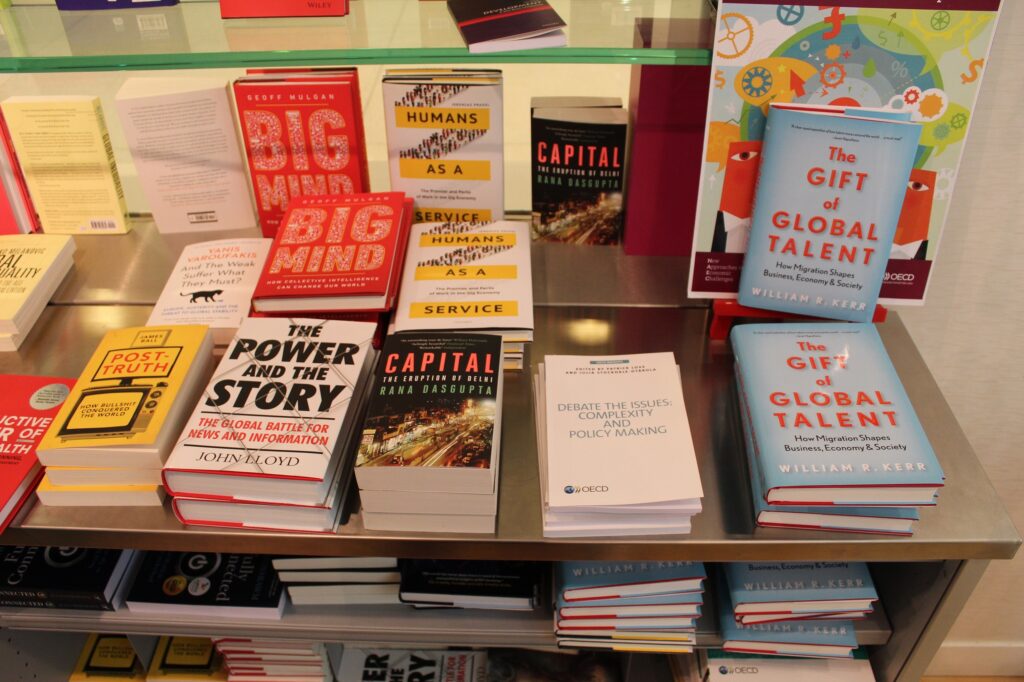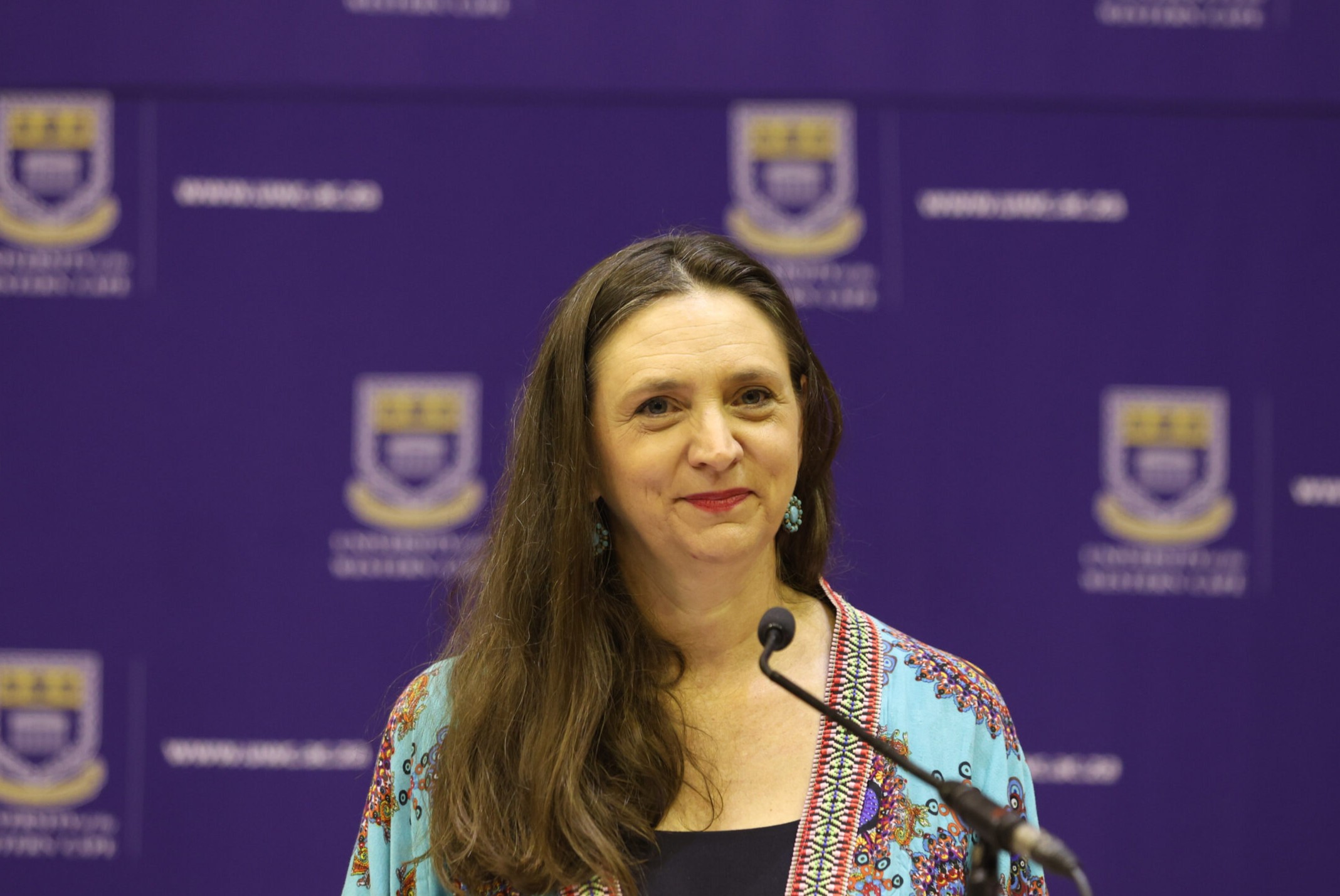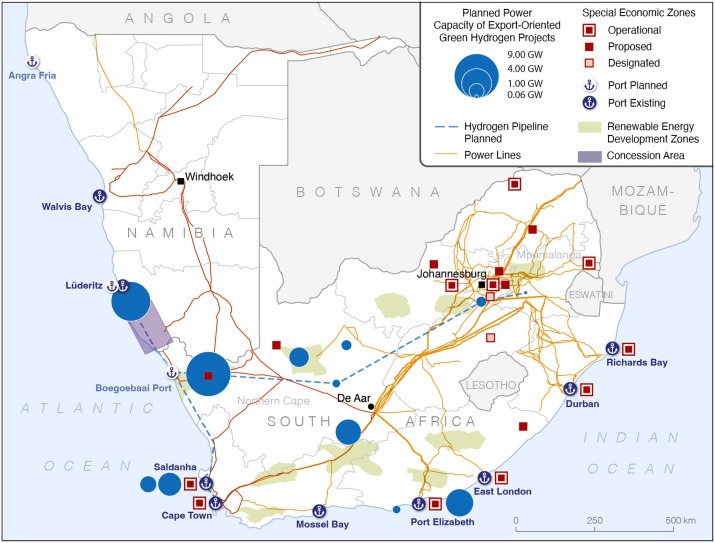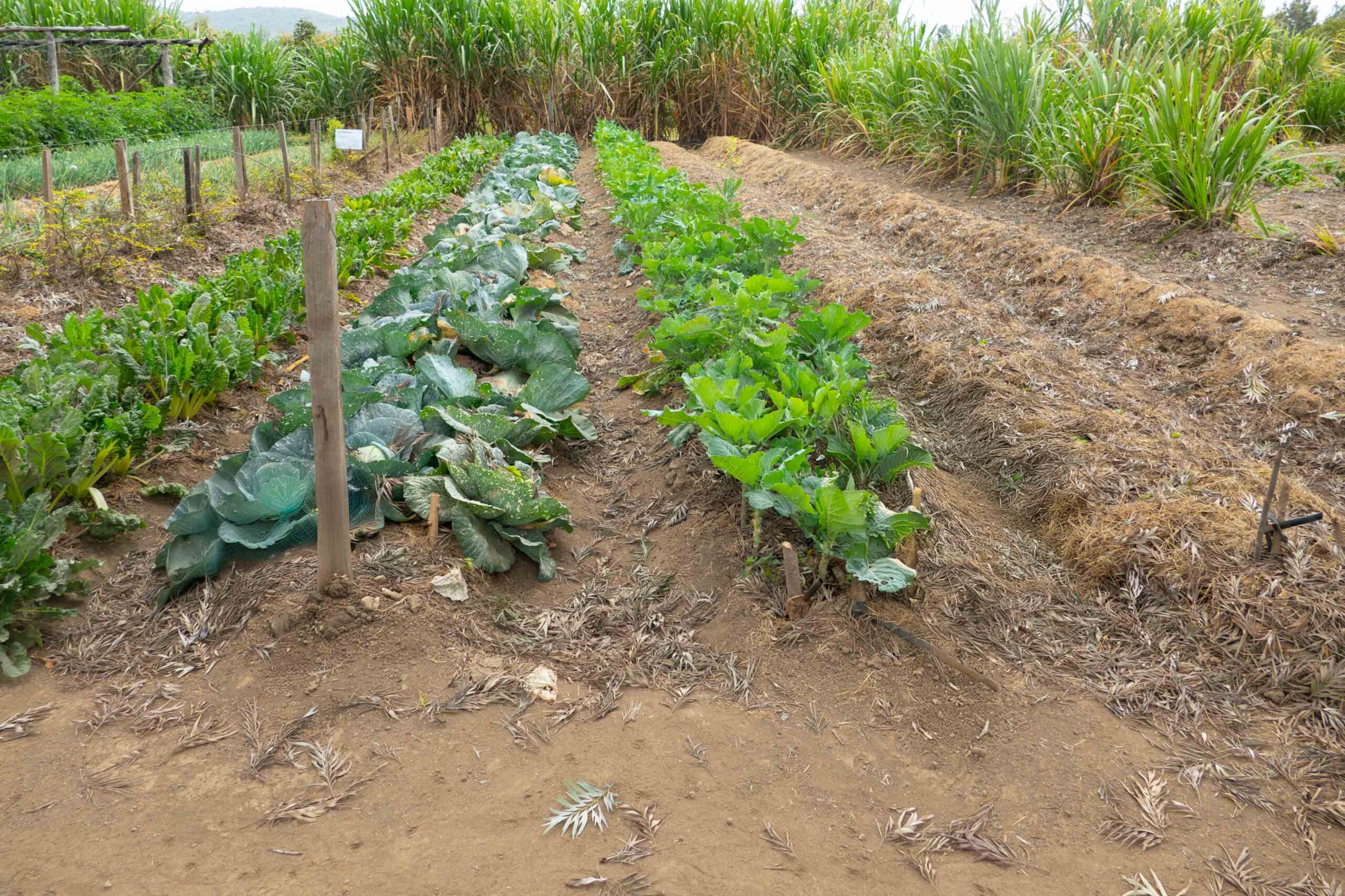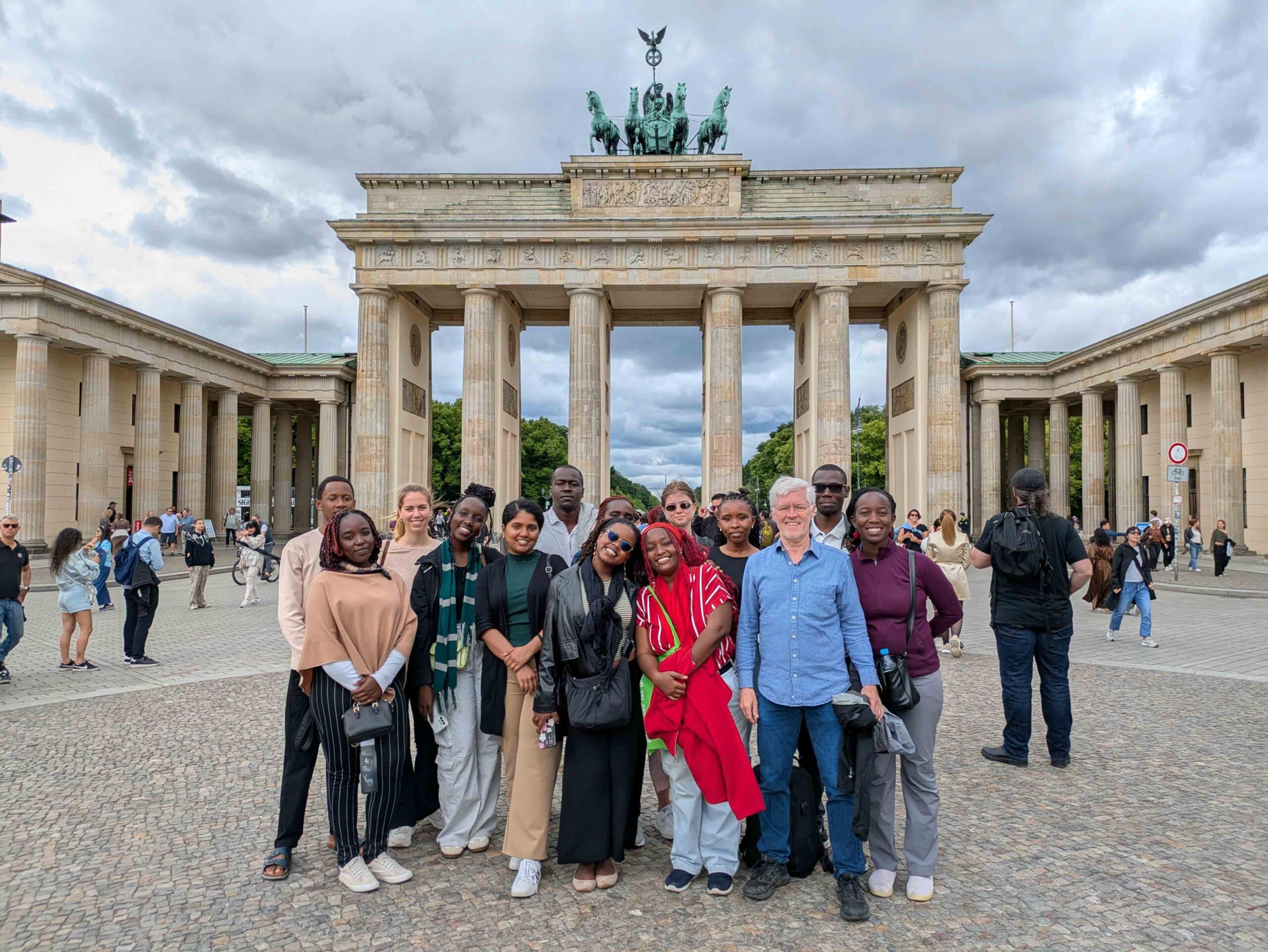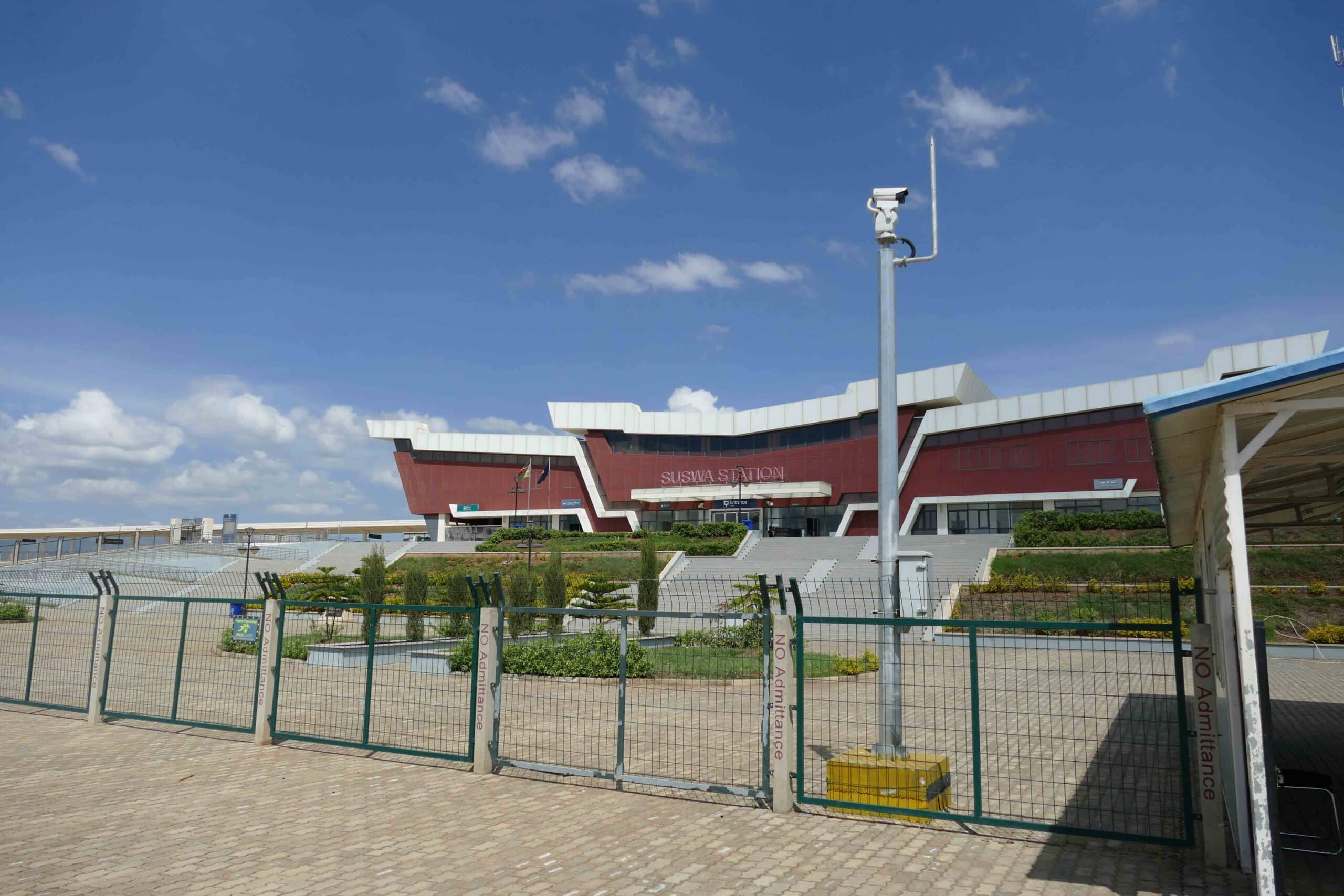By Antony Ogolla and Rene Vesper
In the quest to investigate how ideas of green growth are travelling from the global level (here: OECD headquarter in Paris) to different national contexts (e.g. to Kenya; see picture of a Kenyan scholar) where these ideas may be included into environmental policies and ultimately transform local realities, two doctoral students of the C03 Green Futures project attended the 6th Green Growth and Sustainable Development (GGSD) Forum entitled “Inclusive solutions for the green transition: Competitiveness, jobs/skills and social dimensions”.
The conference was held in Paris from the 27th to 29th November at the OECD headquarters in conjunction with the Annual Conference of the Green Growth Knowledge Platform (GGKP), a global partnership established by the OECD, Global Green Growth Institute (GGGI), UN Environment and the World Bank. The sixth annual conference aimed at creating a more consistent narrative around the topic of green transition and national competitiveness by examining national examples of various green strategies towards what may be called “green and inclusive growth”.
Among other topics it was discussed to what extent there is a trade-off between green and growth, or whether green growth may go hand in hand and lead to win-win situations. Furthermore, it was discussed, to what extent the OECD (and other global institutions) are currently facing an existential threat in what was termed a post-truth world. A world, in which experts of the OECD are being confronted with alternative experts who claim to possess alternative facts. While many conference participants argued that new communication strategies are needed to better convey the green growth paradigm, little discussion on the paradigm itself and alternatives could be observed.
The three main target groups that were believed to be relevant in supporting the green growth idea all over the world were a) academia (who could make use of the newly created Green Growth Knowledge Platform (GGKP)), b) national, regional and local administration (who could be trained to green their practices) and c) small and medium business enterprises (SMEs) (who should be given incentives to green their economic activities). It was discussed to what extent national environmental policies and environmental governance at large may incentivise SMEs (and also large companies) to green their activities in order to decouple economic growth from carbonisation – one of the major goals of the green growth paradigm. However, the conference mostly suggested market mechanisms, rather than state interventions (e.g. prohibitions) to counter-act the detrimental effect of the market on the environment.
